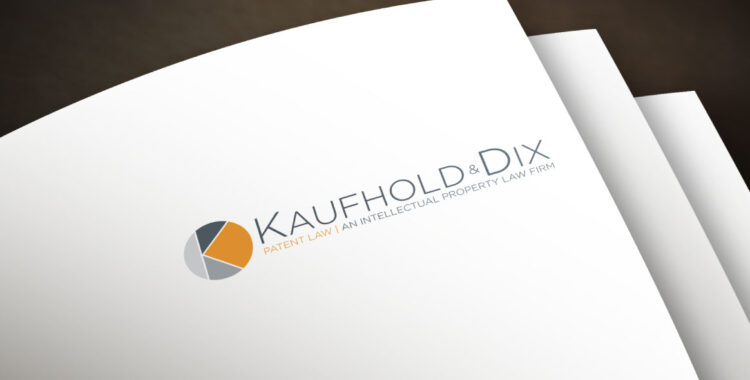Patent Maintenance, Patent Ownership, and Patent Infringement
“I have been awarded a patent. Do I need to do anything else?”
An awarded utility patent must be kept in good standing by paying maintenance fees at 3.5 years, 7.5 years, and 11.5 years after issuance. Just as during the patent-pending period, the holder of the patent can sell it, license it or use it for their own purposes.
A patent is a property right, in some ways similar to owning anything such as land, that can be also be transferred to a business created by the inventor and is subject to inheritance laws. Often, if the inventor is going to use the patent to manufacture and sell products/services, the inventor may decided to form a company (LLC, S-Corp, etc.) and transfer the rights of the patent to that company.
The formation of a company is also useful to determine who owns what, at least as it pertains to the patent, and can help an inventor decide who shares in the patent exploits whether that includes investors or family members. Having a written document spelling out the rights of the business owners can go a long way in preventing conflicts down the road. As an added bonus, the formation of a business entity that holds the patent rights can potentially shield the individual owners from litigation associated with infringement or product liability suits.
Someone Is Copying My Idea!
Once your patent is issued, it can also be asserted against accused infringers. A patent holder is not required to assert their patent rights. The lack of bringing a suit or sending cease and desist letters typically does not remove patent rights allowing later assertions of infringement. However, if the patent holder does know of an infringer and does not take action, that lack of action may reduce the amount of damages available to the patent holder.
Should you suspect that an infringing act is occurring, it is important to contact your patent attorney to have an infringement analysis performed. The inventor often sees infringement where it does not exist, as it is the claims of a patent that dictate what is covered by the patent. Determining what is or is not infringing can be complicated and it is best not to rush to judgment until a skilled patent practitioner has an opportunity to review the facts.
Intellectual Property Playbook
An Entrepreneur's Guide To Patents, Trademarks, and Copyrights GET THE PLAYBOOK
A Note From Attorney Sean Kaufhold:
 A lot of infringement concerns can go away with a letter as no one wants to get caught up in a patent litigation suit, particularly where the infringement is obvious. An infringer can be subject to triple damages and attorney’s fees should they be found guilty of willful infringement. This is a strong deterrent against those who might otherwise copy your invention.
A lot of infringement concerns can go away with a letter as no one wants to get caught up in a patent litigation suit, particularly where the infringement is obvious. An infringer can be subject to triple damages and attorney’s fees should they be found guilty of willful infringement. This is a strong deterrent against those who might otherwise copy your invention.






